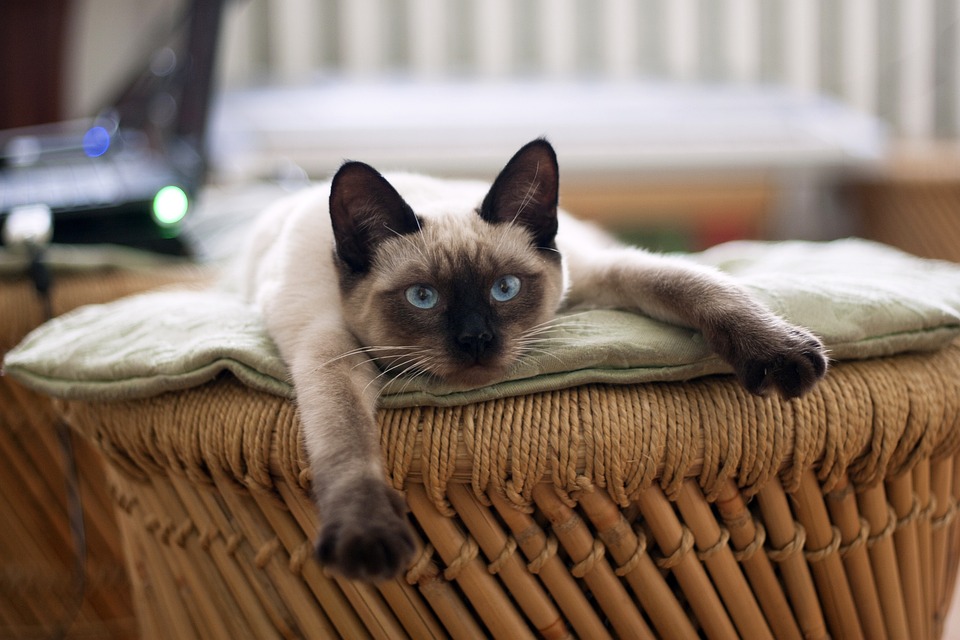A Guide to Cat Vaccinations: Understanding the Schedule
As a responsible cat owner, one of the most crucial aspects of ensuring your feline companion’s health is staying up-to-date with their vaccinations. Vaccinations play a vital role in preventing various contagious and potentially life-threatening diseases in cats. In this comprehensive guide, we will help you understand the vaccination schedule for cats and address some frequently asked questions.
Understanding the Importance of Cat Vaccinations
Vaccinations are essential for protecting your cat’s health and preventing the spread of infectious diseases. By vaccinating your cat, you not only safeguard their well-being but also contribute to the overall welfare of the feline community. Vaccines work by stimulating your cat’s immune system to produce protective antibodies, which can effectively combat specific diseases. This immune response helps your cat develop immunity without actually contracting the disease.
Common Cat Vaccinations
1. Rabies Vaccine: Rabies is a fatal disease that affects both cats and humans. Vaccinating your cat against rabies is not only crucial for their well-being but also required by law in many regions. The rabies vaccine is typically administered as an initial dose, followed by booster shots at regular intervals.
2. Feline Viral Rhinotracheitis, Calicivirus, and Panleukopenia (FVRCP) Vaccine: This vaccine protects against three highly contagious diseases in cats. Feline viral rhinotracheitis and calicivirus cause respiratory infections, while panleukopenia (also known as feline distemper) is a highly contagious and often fatal disease. The FVRCP vaccine is usually administered as a series of shots during a cat’s early life, with booster vaccinations recommended every one to three years.
3. Feline Leukemia Virus (FeLV) Vaccine: Feline leukemia is a viral infection that weakens the immune system and can lead to various health issues, including cancer. The FeLV vaccine is essential, particularly for cats that spend time outdoors or live in multi-cat households. Initial vaccination is typically followed by booster shots, and frequency may vary depending on your cat’s lifestyle and risk factors.
4. Feline Immunodeficiency Virus (FIV) Vaccine: FIV is a viral infection that affects a cat’s immune system and leaves them vulnerable to other infections. The FIV vaccine can help protect uninfected cats from contracting this disease. However, it’s important to note that the vaccine does not provide 100% immunity and may not be suitable for all cats. Consult your veterinarian to determine if your cat would benefit from this vaccine.
FAQs: Common Concerns about Cat Vaccinations
1. Are vaccinations safe for my cat? Vaccinations are generally safe for cats. However, like any medical procedure, there can be rare adverse reactions. Your veterinarian will review your cat’s health history and determine the appropriate vaccines based on their individual needs.
2. What is the recommended vaccination schedule for kittens? Kittens typically start receiving vaccinations at around 6-8 weeks of age. The FVRCP vaccine is administered in a series of shots, with boosters given every three to four weeks until the kitten reaches around 16 weeks of age.
3. How often do adult cats need vaccinations? After completing the initial series of vaccinations, adult cats require booster shots to maintain immunity. The frequency of boosters depends on the vaccine and your cat’s lifestyle. Your veterinarian will provide guidance on the appropriate schedule.
4. Can vaccinations cause any side effects? While most cats experience no adverse reactions, some may develop mild symptoms such as lethargy, fever, or soreness at the injection site. Severe reactions are rare but can occur. If you notice any concerning symptoms, promptly contact your veterinarian.
5. What if my cat misses a scheduled vaccination? If your cat misses a scheduled vaccination, consult your veterinarian to determine the best course of action. They may recommend restarting the vaccination series or providing a booster shot, depending on the circumstances.
Remember, vaccination is a crucial aspect of responsible cat ownership. Consult with your veterinarian to establish an appropriate vaccination protocol tailored to your cat’s specific needs. By staying diligent with vaccinations, you are taking a proactive step towards ensuring your feline friend’s well-being and longevity.








